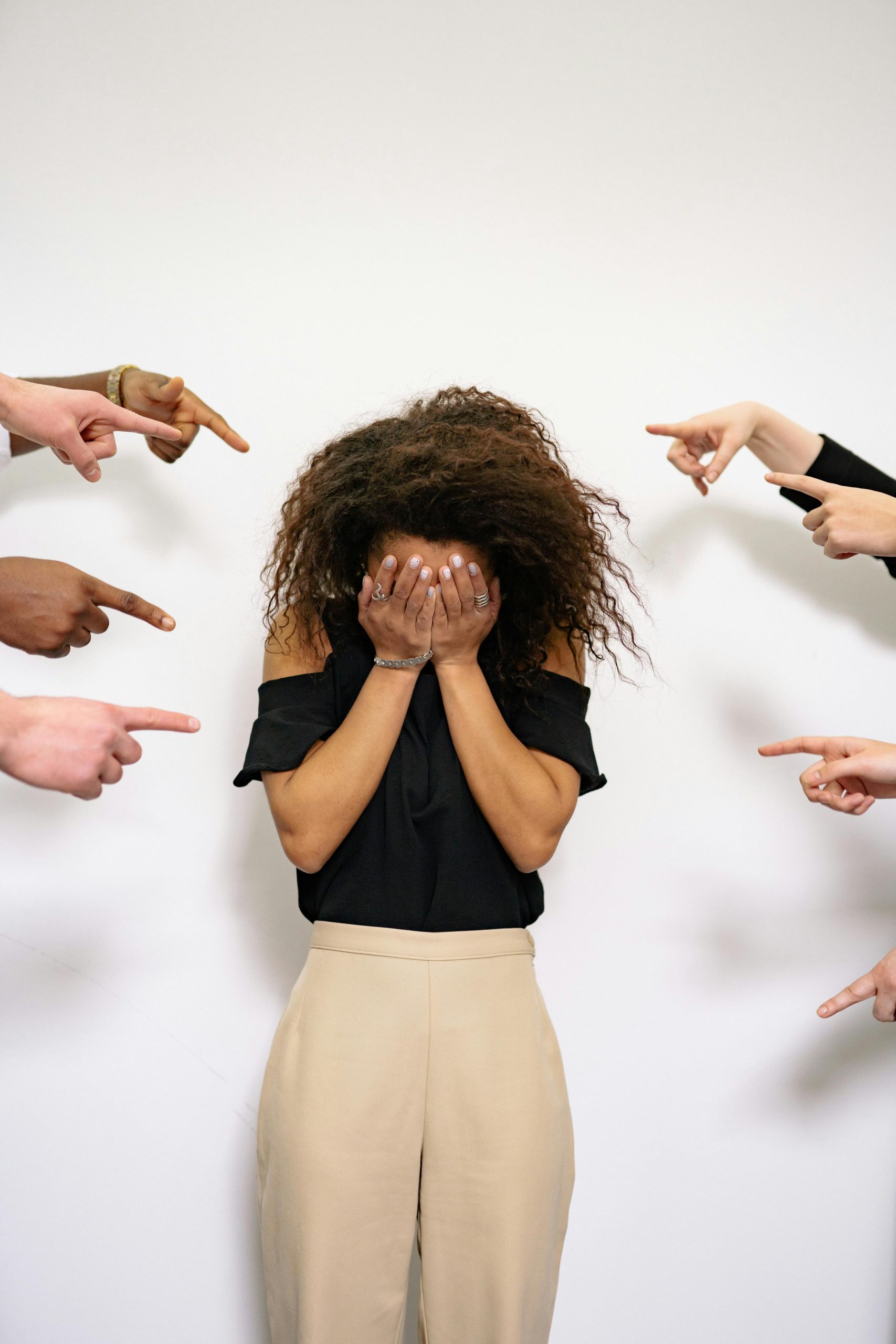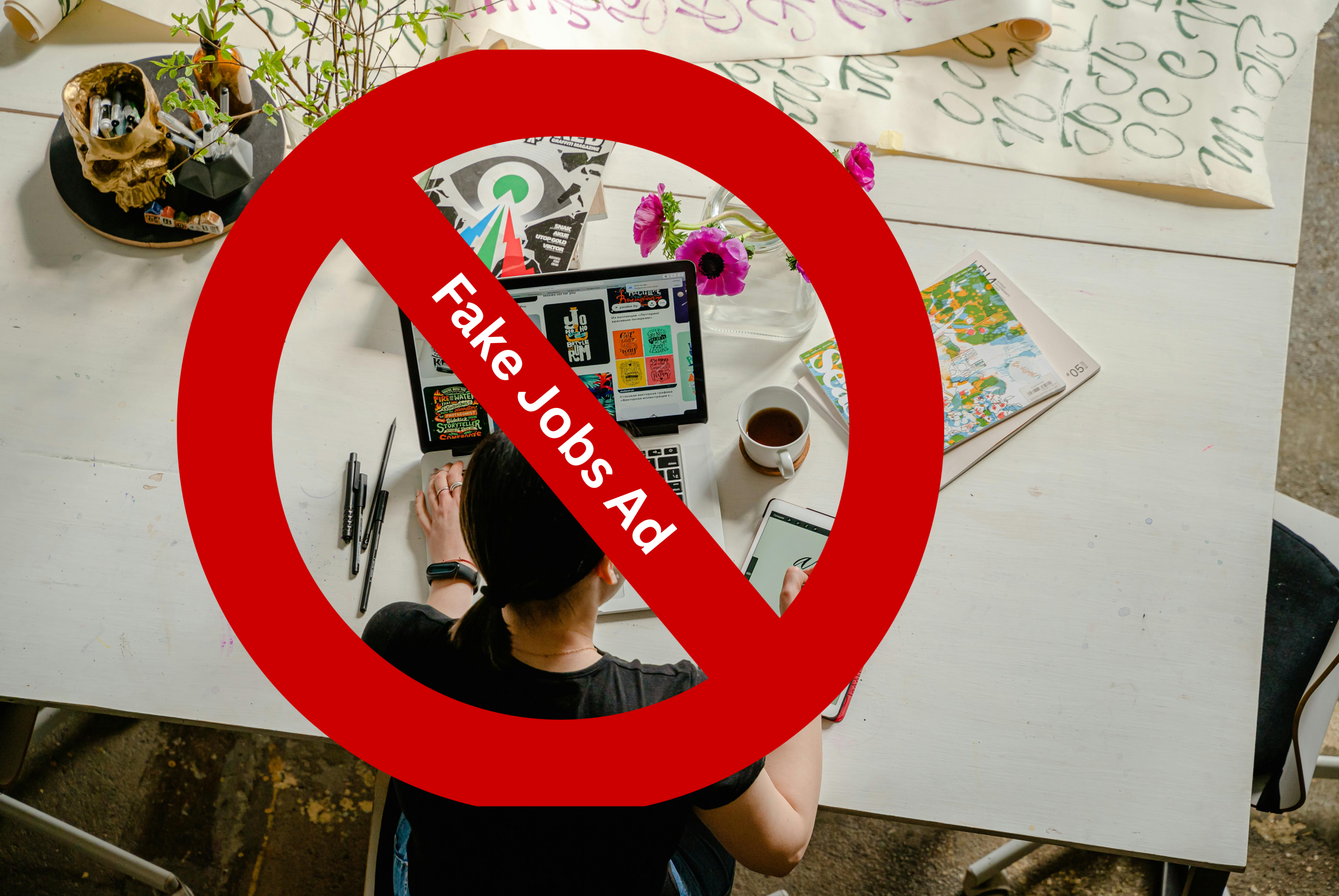You ever felt like something just ain’t right at work?
You wake up. Get dressed. Clock in. Do your job like a champ. But still, you don’t get picked. You don’t get heard. You don’t get paid the same.
And no one’s saying it outright. But you know. You feel it in your bones.
That’s workplace discrimination.
It’s not just some fancy legal phrase. It’s real. It’s ugly. And it messes with you more than people like to admit.
Let’s talk about what it looks like. How it creeps in. And what you’re supposed to do when it starts knocking at your door.
What Is Workplace Discrimination?
So here’s the deal. Workplace discrimination is when someone at work gets treated unfairly because of something they can’t change. Something they shouldn’t be judged for.
Could be their race. Gender. Religion. Age. Sexual orientation. Disability. Or even the fact that they’re pregnant.
Doesn’t matter how good you are. Doesn’t matter if you work harder than anyone else. You still get side-eyed. Talked over. Ignored. Or paid less.
And the worst part? Sometimes, people don’t even realize it’s happening. Or worse — they know, but they just look the other way.
Discrimination doesn’t always come with slurs or shouting. Sometimes it comes with silence.
Types of Discrimination in the Workplace
Discrimination’s got many faces. Some obvious. Some sneaky.
Racial Discrimination
Let’s be real. This one hits hard. You walk in with your head high. But people look at you different. Like you don’t belong.
They won’t say it out loud. But it’s there. In the way they treat you. In the way they don’t promote you. In the way they laugh at your accent. Or make weird comments about your hair.
It’s not just in the jokes. It’s in the system.
Gender Discrimination
You’ve been killing it. Delivering results. Holding it down.
But somehow, your male colleague gets the raise. The credit. The praise. Even when you trained him.
You speak up, and they say you’re being emotional. You take charge, and they call you aggressive.
It’s like walking a tightrope you never signed up for.
And no, it ain’t just women. Anyone who doesn’t fit the mold can get sidelined.
Age Discrimination
You’re young? They say you’re too green. Too naive. Not enough experience.
You’re older? Suddenly you’re “too slow.” “Stuck in your ways.” Not “modern” enough.
No matter what you do, you’re either too early or too late.
And it’s not fair. Because talent doesn’t come with an age label.
Disability Discrimination
You live with a disability. Doesn’t mean you can’t do your job. But try telling that to the ones who stare too long or avoid you altogether.
Sometimes it’s about access. Other times, it’s just attitude.
They assume you’re gonna be a burden. That you’ll call in sick too often. Or need “special treatment.”
What they don’t see is your resilience. Your grit. Your brilliance.
Their loss.
Religious Discrimination
Your faith is part of you. But at work? It feels like you have to hide it.
You ask for time off on religious holidays, and they roll their eyes. You wear your religious gear, and suddenly you’re “too different.”
People whisper. Make jokes. Or just freeze you out.
It’s draining. Just trying to be yourself without offending anyone who doesn’t want to understand.
Sexual Orientation and Gender Identity Discrimination
You come out. Or maybe you don’t. Because the vibe at work makes it clear — it’s not safe.
People treat you different. Mock you behind your back. Or act awkward around you, like you’re a problem they don’t know how to handle.
It shouldn’t matter who you love or how you express yourself. But somehow, it still does.
And that’s not just sad. That’s dangerous.
How Discrimination Shows Us
Sometimes it punches you in the gut. Other times, it just wears you down little by little.
Maybe you don’t get called in for the interview. Even though your CV was fire.
Maybe your colleague makes more than you. And you’ve been there longer.
Maybe you never get invited to those after-work meetings. You know the ones where the real decisions get made?
Or maybe people just… avoid you. Like you’re invisible.
It’s the passive-aggressive emails. The skipped promotions. The “jokes” that aren’t funny. The policies that don’t include people like you.
It all adds up.
Why Discrimination Still Happens
You’d think we’d be over this by now. But here we are.
Why?
Because some folks don’t even realise they’re biased. It’s so baked into the culture, they think it’s normal.
Some workplaces don’t have any diversity at the top. So they don’t see the problem.
Others know there’s a problem. But fixing it means shaking things up. And that scares them.
And let’s not forget fear. People are afraid to speak up. Afraid of losing their job. Afraid of being labelled “difficult.”
So the silence keeps the system going.
The Real Impact on Yo
Discrimination doesn’t just make work uncomfortable. It messes with everything.
You start doubting yourself. Feeling anxious. Dreading Mondays. Watching your back.
Your performance slips. Not because you’re lazy — because you’re tired. Tired of fighting invisible battles.
Your confidence takes a hit. You stop aiming high. Stop caring. You shrink.
And worst of all? You carry it home. Into your family. Your health. Your future.
No one deserves that.
What the Law Says (South Africa Edition)
Here’s the good news. You’ve got rights. And they’re backed by the law.
The Employment Equity Act says your employer can’t treat you unfairly because of your race, gender, disability, religion, and all those other protected traits.
The Labour Relations Act says you can’t be fired or treated badly just for standing up for yourself.
And our Constitution? It screams equality and dignity for everybody.
So if they’re messing with you, they’re breaking the law.
What to Do If It Happens to You
Okay, now what? You’re in the thick of it. What do you do?
First thing — keep receipts. Everything. Emails. Messages. Notes. Times. Dates. Names.
Second — speak up. If you feel safe. Sometimes a calm convo can fix it. But don’t force it if your gut says “nope.”
Then — go to HR. Or your manager. File a complaint. Put it in writing.
If they brush you off, go outside. To the CCMA, a lawyer, a union. Someone who knows how to fight this.
And please — don’t do it alone. Talk to people. Friends. Family. Others who’ve been there. You’re gonna need support.
What Employers Should Be Doing
Let’s flip the lens. What should bosses be doing?
They should be setting the tone. Zero tolerance for discrimination. Clear policies. Proper training. Real consequences.
They should listen. Take complaints seriously. Act fast.
They should diversify. Not just in hiring — but in leadership. Representation matters.
And most of all — they should care. Not just because of the law. But because it’s the right thing to do.
Real Talk
We’re not saying every workplace is toxic. But too many are.
And for every person who gets pushed out, passed over, or broken down — there’s a system behind it.
Work shouldn’t feel like survival.
You shouldn’t have to shrink yourself just to get through the day.
You shouldn’t have to smile through pain or act like it’s okay.
It’s not okay.
Closing Thoughts
Workplace discrimination is real. It’s silent sometimes. Loud other times. But it’s always wrong.
You deserve a space where you can grow. Where you’re safe. Where who you are is not a problem, but a strength.
And if you’re in a place that doesn’t see your value? Say it louder: you’re not the problem.
Keep the receipts. Know your rights. Speak your truth.
You are not alone.







